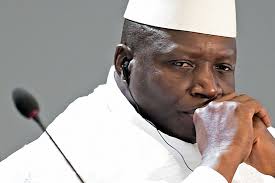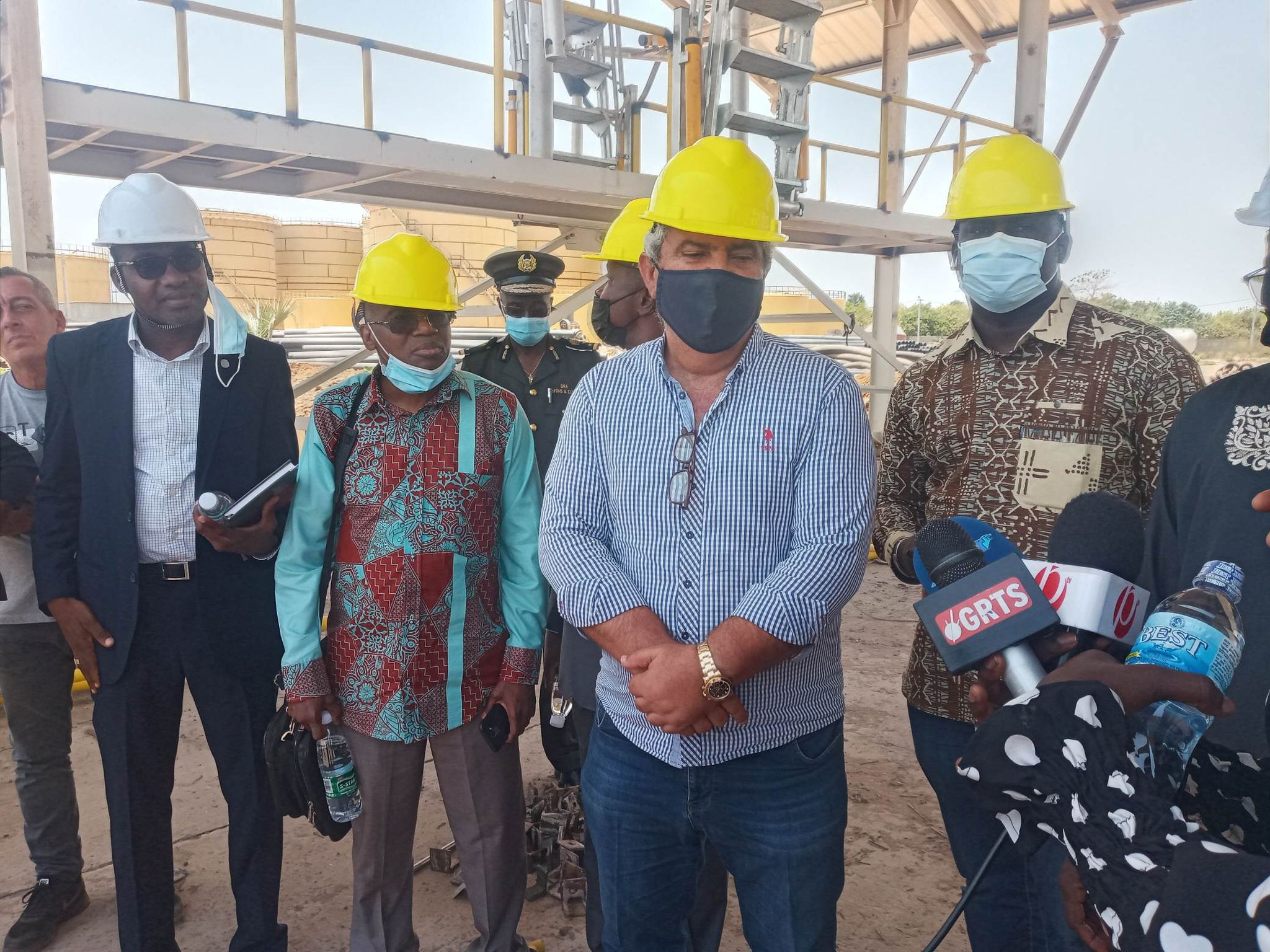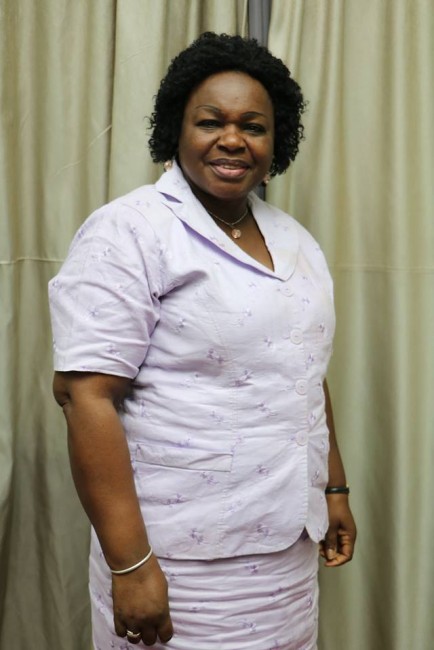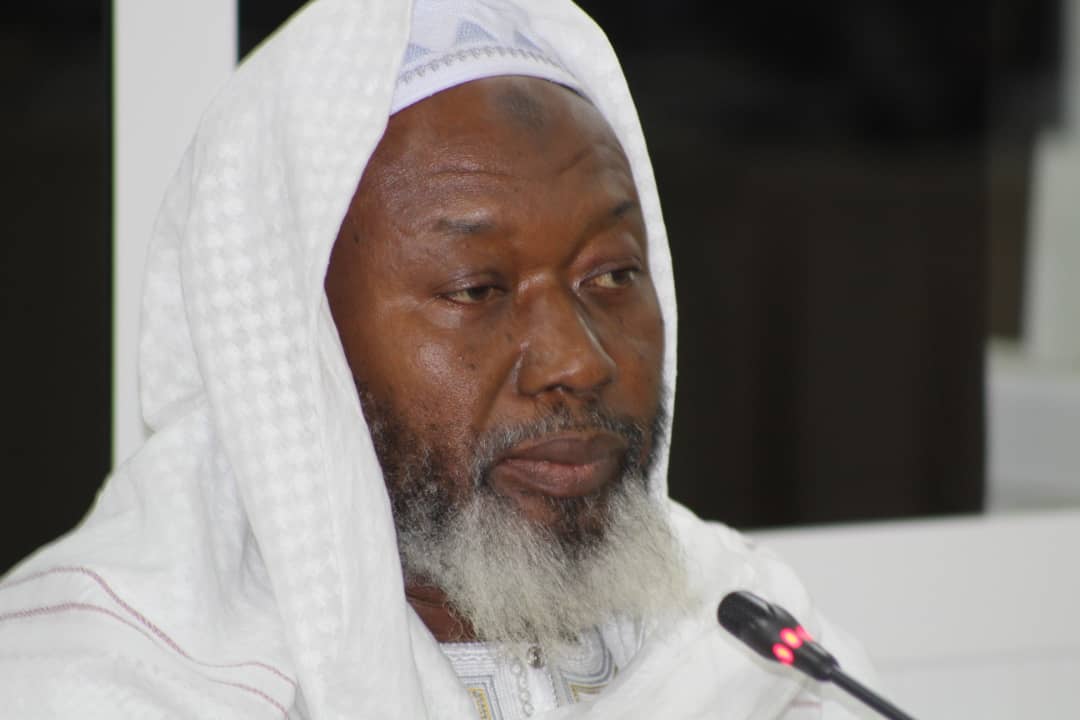Testimony before Gambia’s truth commission implicating then president Yahya jammeh in the summary execution in 2005 of about 59 West African migrants should be followed by criminal accountability, Human Rights Watch and TRIAL International said on Friday.
From 24 February to 11 March, 2021, witnesses told the Gambia Truth, Reconciliation and Reparations Commission (TRRC) that migrants bound for Europe from Congo, Cote d’Ivoire, Ghana, Liberia, Nigeria, Senegal, Sierra Leone, and Togo, plus their Gambian contact, were held by Jammeh’s top lieutenants in the security services before being murdered by the “Junglers,” a notorious paramilitary unit that took its orders directly from Jammeh, a statement by the two human rights advocates said.
“Well-placed witnesses have implicated Yahya Jammeh in killing citizens from nine African countries,” said Reed Brody, senior counsel at Human Rights Watch.
“All those countries should support a criminal investigation and, if warranted, the prosecution of Jammeh and others who bear the greatest responsibility for the massacre of the migrants and other serious crimes by his government.”
Witnesses, including the former chief of defence staff and former senior officers of Gambia’s National Intelligence Agency (NIA), testified that then police chief Ousman Sonko – who is currently under investigation in Switzerland on charges of crimes against humanity – informed Jammeh during a national ceremony on 22 July, 2005, that a large group had been apprehended on a beach near Barra, across the river from Banjul, the capital.
After allegedly speaking with Jammeh, Sonko instructed officers to ferry the migrants, who were suspected of being mercenaries, to naval headquarters in Banjul.
All the Gambian security service chiefs – from the police, army, navy, NIA, and national guard – then converged on naval headquarters, as did several “Junglers”, who beat and kicked the migrants and, one officer testified, “treated them like animals”.
The statement said several officers said that it was already clear that the men and two women were migrants and not mercenaries, as they carried no weapons or anything suspicious. The migrants were then distributed to various detention centres around Banjul.
The TRRC testimony corroborates the findings of a 2018 report by Human Rights Watch and TRIAL International, who interviewed 30 former Gambian officials, including many of the commission’s witnesses.
“Now that the information we had gathered has been corroborated, it’s all the more important for Jammeh to be called to face up to his responsibilities,” said Emeline Escafit of TRIAL International. “The time has now come to deliver justice for the victims and their families.”
The statement said the recent testimony casts further doubt on the UN/ECOWAS report that was said to have concluded that the Gambian government was not “directly or indirectly complicit” in the deaths and enforced disappearances.
That report blamed “rogue” elements in Gambia’s security services “acting on their own” for the massacre. The UN/ECOWAS report has never been made public, however, despite repeated requests by the victims and by five human rights experts.





